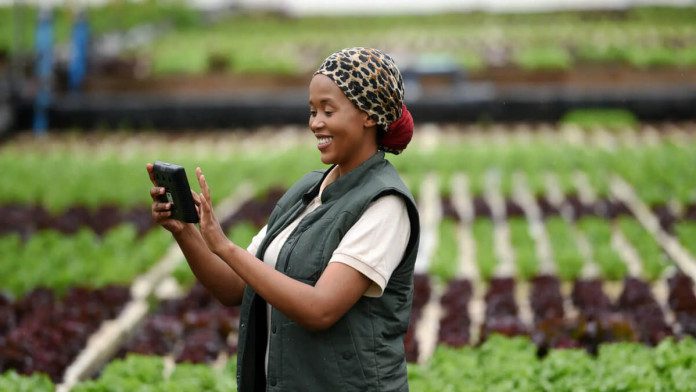News in Brief:
South African agricultural leaders are calling for the new government to prioritise the industry with focus on boosting productivity, market access, and empowering women farmers.
As South Africa gears up for its upcoming elections, key figures in the agriculture industry are sharing their expectations and hopes for the future.
Leaders such as Lesego Serolong Holzapfel (Moedi Wines), Shandini Naidoo (AvoPort), and Dr. Gabbey Gostina Malope (Toutele Agriculture College) are calling for the new government to prioritise targeted support for agriculture.
Shandini Naidoo, for example, emphasised the need for robust leadership and clear strategies. She highlights the importance of public-private partnerships (PPPs) for development and growth, stating that they are essential for developing farmers and agricultural infrastructure.
Also, she stressed the need for market access alongside a strong foundation for agricultural stakeholders.

In the same vein, Lesego Serolong Holzapfel underscores the importance of improved productivity and sustainability. She calls for providing farmers with access to modern technology, financial aid, and comprehensive training programs.
Investments in agro-processing infrastructure are also crucial, according to the agribusiness CEO, who highlighted the need to add value to raw agricultural products.

Furthermore, she notes the importance of negotiating favorable trade agreements and reducing tariffs to improve international market access. Streamlined regulations to meet global standards are also seen as essential for making South African goods more competitive.
To foster greater diversity and inclusion, Holzapfel advocates for programs that provide resources specifically for Black women in the wine industry. These programs could include export financing, mentorship opportunities, and participation in trade missions.
Dr. Gabbey Gostina Malope, focused on measures to empower women in agriculture such as equal access to land, credit, essential supplies (inputs), and technology.

Additionally, Malope reiterated the need for training programs tailored to women in agriculture which should cover modern farming practices, agribusiness management, and financial literacy.
Finally, she highlighted the importance of enacting policies that promote gender equality like laws protecting women’s rights and ensuring fair wages and working conditions. Malope stressed the need to recognise women’s contributions in agricultural decision-making bodies.
In a report gathered by a local blog ahead of the election, these female agricultural leaders, put agricultural gender inclusion on the table for the incoming administration. With more than 55% of the country’s population being female, they could play a major role in the eventual action, and the issues raised in the article deserves attention.



